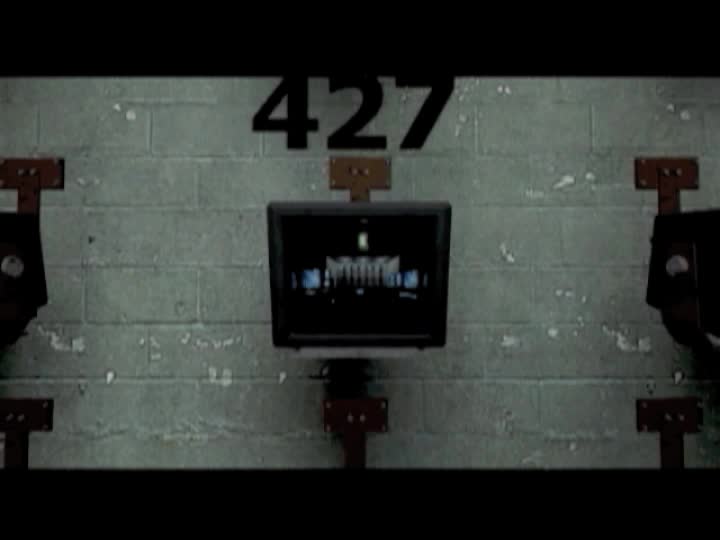


We’ve been conditioned to expect narrative beats, breaks in the action and steadily evolving AI patterns. Wreden offers a harsh yet constructive critique of the standard codependency of traditional game design-an input/output relationship where the only level of player expression is the rate at which we solve meticulously playtested and difficulty-eased puzzles. Mod author Davey Wreden breaks down the fourth wall and uses it as a ramp to connect creator and player, irreverently re-contextualizing the exercise of modern gaming as data entry.

Its multilinear narrative is an experimental meditation on objectivism and nihilism, riddled with black humor and the deftness of literary deconstruction. Why do we play games? Do we sympathize with these avatars? Does the first-person perspective cause us to project onto the games we play, or does it project onto us? The Stanley Parable interrogates the philosophy of current game mechanics, reconsidering the vocabulary of videogame language itself. Though The Stanley Parable is short and concise, it pushed me to reflect on big-picture questions about game design philosophy I hadn’t consciously considered in years.


 0 kommentar(er)
0 kommentar(er)
